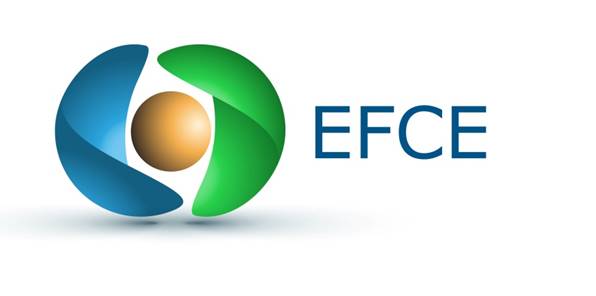
Sustainability is a primal driving force to produce chemicals and chemical engineering processes that would meet our needs without compromising the ability of future generations to meet their own needs. Other than evaluating new ideas and supply chains, sustainability is a driving force to develop new business models that promote interactions in the context of circular economy. Chemical engineering is instrumental in exploring the new chemistries required for the transition to sustainable development.
The Sustainability Section of EFCE envisions a future where chemical engineering leads the transition to sustainable development through systemic and holistic approaches, enhancing circular economy and ensuring the well-being of present and future generations. It aims to promote the rebuilding of industries that prioritize environmental, economic and social responsibility, utilizing innovative business models and technologies to create a harmonious balance between human needs and planetary viability.
The strategic targets of the Sustainability Section are to:
- reinforce European cooperation and professional activity within EFCE community on the use of sustainability as a guide in product and process development;
- provide a discourse platform within EFCE on opportunities and challenges that sustainable development poses to the professional community of chemical engineers in Europe;
- pool considerable knowledge within EFCE members with regard to the role of sustainability in the process industry and the role that chemical engineering can play to select sustainable feedstocks, design new processes and formulate sustainable product portfolios;
- identify and co-operate with key actors and allies to support an holistic view of process development, also fostering interactions across industrial groups, and actively promoting the shift to circular economy;
- promote the education of a new generation of chemical engineers as well as current engineers and decision makers to comprehend the wide range of tools and methods available to use, as well as means to evaluate and communicate the impact of their work toward sustainable development;
- promote active cooperation of experts from different Working Parties and other Sections by means of joint collaborative initiatives to sustainable development;
- provide decision makers in business, society and politics with reliable knowledge support based on scientific insight and industrial experience in all fields of interest so that decisions are effective, productive and lead the way to impactful solutions.
For more information, and upcoming events please visit the NEW Sustainability Section of EFCE website at https://efce-ntua.gr/
